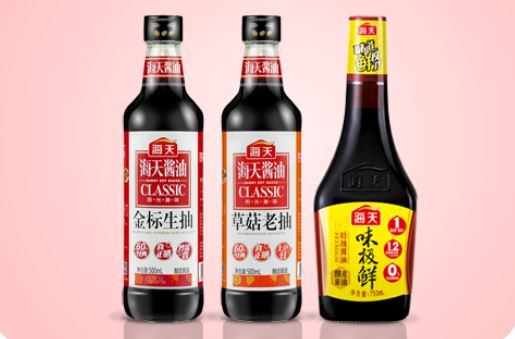International grocery research organisation, IGD forecast the eGrocery sector to account for 6.6% of the total grocery market in China in 2020, a rise from 3.1% in 2017.
The growth came from rising consumer demand for convenience, quality, and variety, according to the China Agrifood Startup Investing Report released by AgFunder in collaboration with Chinese foodtech venture capital firm Bits x Bites.
Matilda Ho, founder and managing director of Bits x Bites, said there was still plenty of room for eGrocery to grow further in China.
“The lockdown of COVID-19 has potentially sped up this development as new users had no choice but to sign up for online grocery.” Ho is also the founder and CEO of Yimishiji, a Shanghai eGrocery platform.
The report involved 224 deals worth USD3.6 billion in 2019, across the entire food supply chain with eGrocery accounting for 51 deals, the highest of any sector.
Convenience
Ho said internet pioneers like JD, Alibaba, and Tencent who build their own services and invest in emerging companies, had boosted the eGrocery sector.
She added that China’s ubiquitous e-commerce and widespread last-mile delivery services had resulted in consumers having the luxury to demand ultra-convenience.
“With their financial and ecosystem muscle, they fight viciously for market share through subsidised sales and rapid delivery. When delivery time went from next day, same day to 30 minutes, consumers became the biggest beneficiaries.”
Quality
In addition to convenience, Chinese consumers are also seeking higher quality in their products.
The report revealed that imported premium fruits grew 30% y-o-y in value. In fact, since 2018, there were more fruit imports to China than exports for the first time, according to the Direct China Chamber of Commerce (DCCC).
DCCC reported that most of the imported fruits came from Vietnam, the Philippines, Thailand, and Chile.
Cherries, durian, bananas, grapes, and oranges contributed the most in total value of China fruit imports in 2018, according to data from China’s General Administration of Customs.
Omni-channel needs
Ho told us that every business now needed to have an omni-channel strategy to meet consumer needs, whether they began as an online-first startup or a traditional offline retailer.
One example is Alibaba’s Freshippo smart grocery stores. Consumers can visit and browse the physical store, and pay at self-checkout counters after. Consumers can also make purchases on its app remotely and have it delivered to their house.
In addition to groceries, Freshippo also has food courts to draw more foot traffic, which then converts to online customers.
Ho said physical retailers such as Costco and Walmart had added home delivery services in China, while the country’s mom-and-pop stores were also gradually moving online by partnering with tech platforms like Alibaba.
These not only help converge the two channels, but offer consumers the convenience, quality, and variety they demand.
MissFresh
The report revealed that MissFresh received the most funding in the eGrocery sector, at USD700 million from the Changshu regional government.
MissFresh is an online-only eGrocer which has small-scale warehouses to reduce delivery time and cold chain costs, but has no physical store presence.
According to the report, MissFresh claimed to lead China in fresh grocery gross merchandise volume and number of active customers, as of October 2019, outperforming even Freshippo and 7Fresh.
Yipin Fresh, an online-offline retailer for discounted fresh foods, was ranked second in funding, receiving USD298 million from Tencent.
Ho advised eGrocery firms to “build customer loyalty by offering what consumers cannot find anywhere else, whether this means offering specialty private-label products or upkeeping a sourcing standard more trusted than any other options.
“To compete, eGrocers will have to excel in supply chain management to deliver great value to consumers,’ she added.




